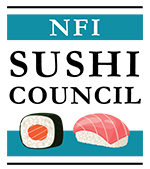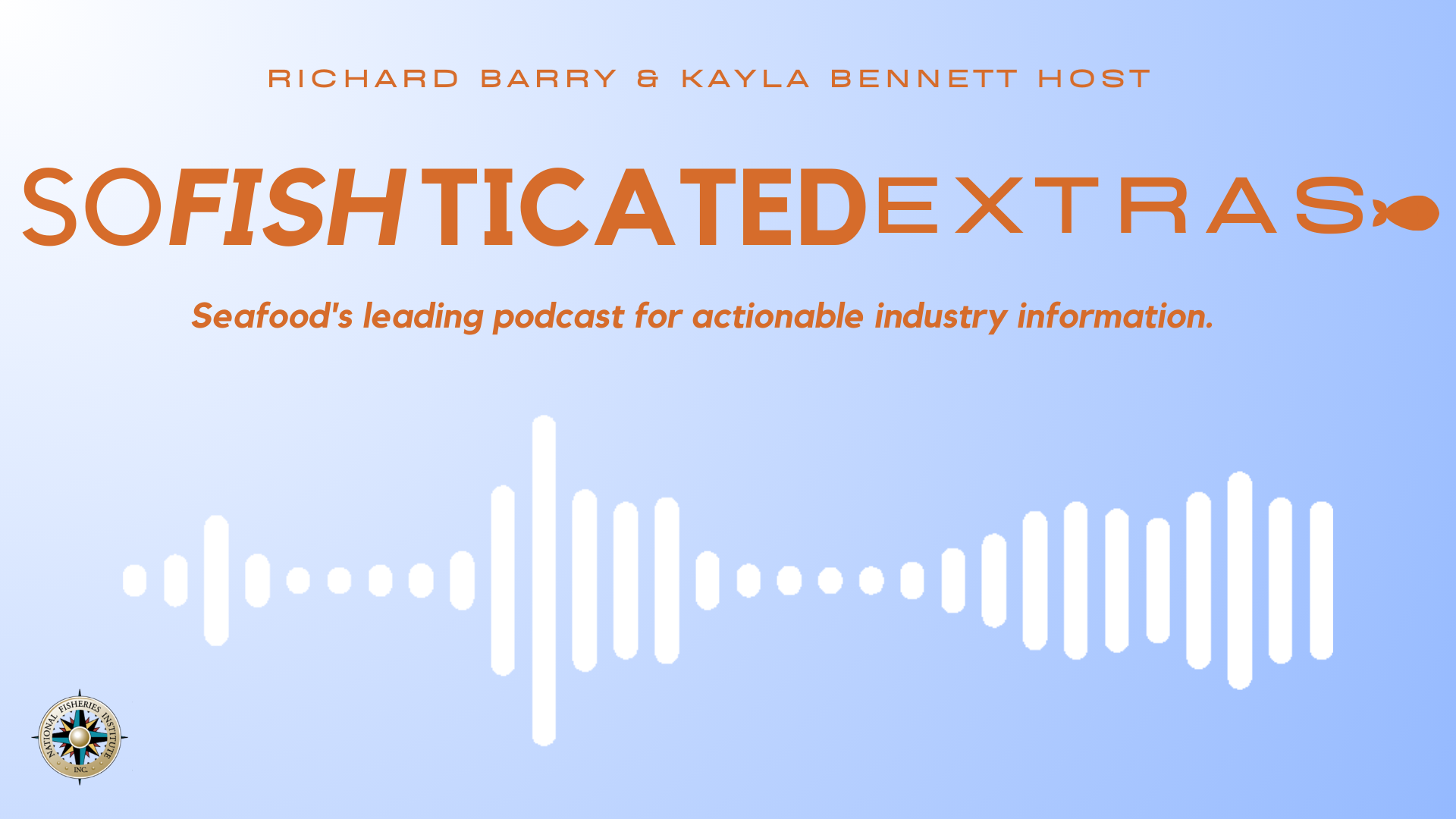Wall Street Journal Highlights Seafood In Border Adjustment Tax Article
Fish Importer Casts Worry Over Border-Adjusted Tax
Companies that rely on raw materials not easily replicated at home could be hard-hit
By Richard Rubin and Heather Haddon
Feb. 28, 2017
BENSENVILLE, Ill.—Sean O’Scannlain will spend more than $100 million this year—about half his company’s revenue—importing fish, ham, chocolate, cheese and other foods from 57 nations.
The fish, including 65,000 pounds of farmed salmon each week from the remote Faeroe Islands and countries such as Canada, Norway and Chile, arrives fresh. His 330 employees cut it, package it and send it to hotels, restaurants, Whole Foods Market Inc. stores and other retail shops in the Midwest. So when the president and chief executive of Fortune Fish & Gourmet heard Congress was considering a tax plan that wouldn’t let him deduct the cost of those goods, he didn’t believe it at first.
“It’s crazy, absolutely crazy,” Mr. O’Scannlain said on a recent afternoon in his headquarters near Chicago O’Hare International Airport, as workers sliced open whole fish, packed oysters and stocked shelves with Spanish olives, cheese and ham. “Politically, it is a bad idea for Congress to have to defend increasing the average consumer’s food costs by a couple thousand dollars a year.”
Food businesses like Mr. O’Scannlain’s that rely on raw materials are among those most exposed to the border-adjustment provision that is a key plank in the House Republicans’ tax plan. They warn that border adjustment—taxing imports and exempting exports, as part of a plan to encourage companies to locate jobs and production in the U.S.—could force them to raise prices.
In Mr. O’Scannlain’s case, that would mean the $8.95 that his company charges restaurants and other retail customers for a salmon filet could go up to $11.25, contributing to a loss of revenue by roughly $50 million as higher menu prices weigh on sales.
U.S. waters don’t produce enough fish to satisfy domestic demand, and imported seafood makes up more than 80% of domestic consumption, according to the National Oceanic and Atmospheric Administration. Mr. O’Scannlain says creating a domestic fish-farming industry would take years and major regulatory changes.
Coffee, tea, spices, chocolate and bananas also can’t be produced in commercially viable quantities at home.
These food businesses, along with big-box retailers and oil refiners, have helped put the border-adjustment provision in political peril in Congress. House leaders back border adjustment, which would raise $1 trillion over a decade to pay for cutting the corporate-tax rate and to prevent companies from moving jobs and profits abroad. But their arguments have fallen flat in the Senate, and President Donald Trump has been ambivalent and noncommittal.
Border adjustment’s proponents in the House are pressing ahead. They have vowed not to create any exceptions for types of imports, though they are exploring rules to soften the transition to a new system. Lawmakers are considering the length of existing contracts and the time it could take to alter global supply chains as they write those rules, said Rep. Kevin Brady (R., Texas), chairman of the House Ways and Means Committee.
“It puts some pretty big holes in the revenue side of it” to offer exemptions, said Rep. Kenny Marchant (R., Texas). “If you fought that hard for the concept, you wouldn’t want to turn around and just completely gut it with exceptions.”
Lawmakers, when confronted by importers of raw materials, point to some economists’ arguments that the plan should boost the value of the dollar, thus driving down pretax import commodity prices. Rep. Peter Roskam (R., Ill.), whose district used to include Mr. O’Scannlain’s business, said House Republicans aren’t operating in “carveout mode” to exempt some raw materials.
“I understand the nature of the argument, but currencies are either going to adjust or they’re not going to adjust,” Mr. Roskam said. “And they either adjust for everything or they adjust for nothing. And we’re convinced they adjust for everything.”
Mr. O’Scannlain, who suggested exempting all food from border adjustment, said he is skeptical of the currency argument and said he could simply be left with a higher tax bill and having to squeeze his customers.
“The cost will have to be rammed through all the way to the consumer level,” he said. “It’s real money. I just hope Congress knows what a dramatic effect and in a bad way this will have on an average American.”
Creating a carveout for food or other imports would be fraught with tricky definitional questions. And the more exemptions there are, the harder it will be to get the full currency adjustment, causing a disadvantage for businesses that don’t get a targeted break, said Joseph Gagnon, a senior fellow at the Peterson Institute for International Economics in Washington.
And one often means more, said Michael Graetz, a tax professor at Columbia Law School.
“The minute you start creating exemptions for whatever reasons, the line for more and more exemptions will be very long,” Mr. Graetz said. “And many people will succeed.”
Smaller grocery stores, which often operate on pretax profit margins thinner than 2%, are worried about potential effects on prices and profits, said Mike Gleeson, director of government relations at the National Grocers Association. Staples including coffee, cocoa, flowers and produce could be hit.
“It’s not the big-box stores,” Mr. Gleeson said. “It’s not the oil industry. This is something that will touch every single consumer.”
The commodity that sparked an 18th century tax rebellion is also at risk. The U.S. imports about 300 million pounds of tea annually and grows less than 100,000 pounds domestically, said Peter Goggi, president of the Tea Association of the USA. That is largely due to the soil, climate and elevation needed to grow tea, and partly because of labor costs.
“It’s a definitive threat,” Mr. Goggi said, “to any company, really, that mainly sources its material overseas.”



